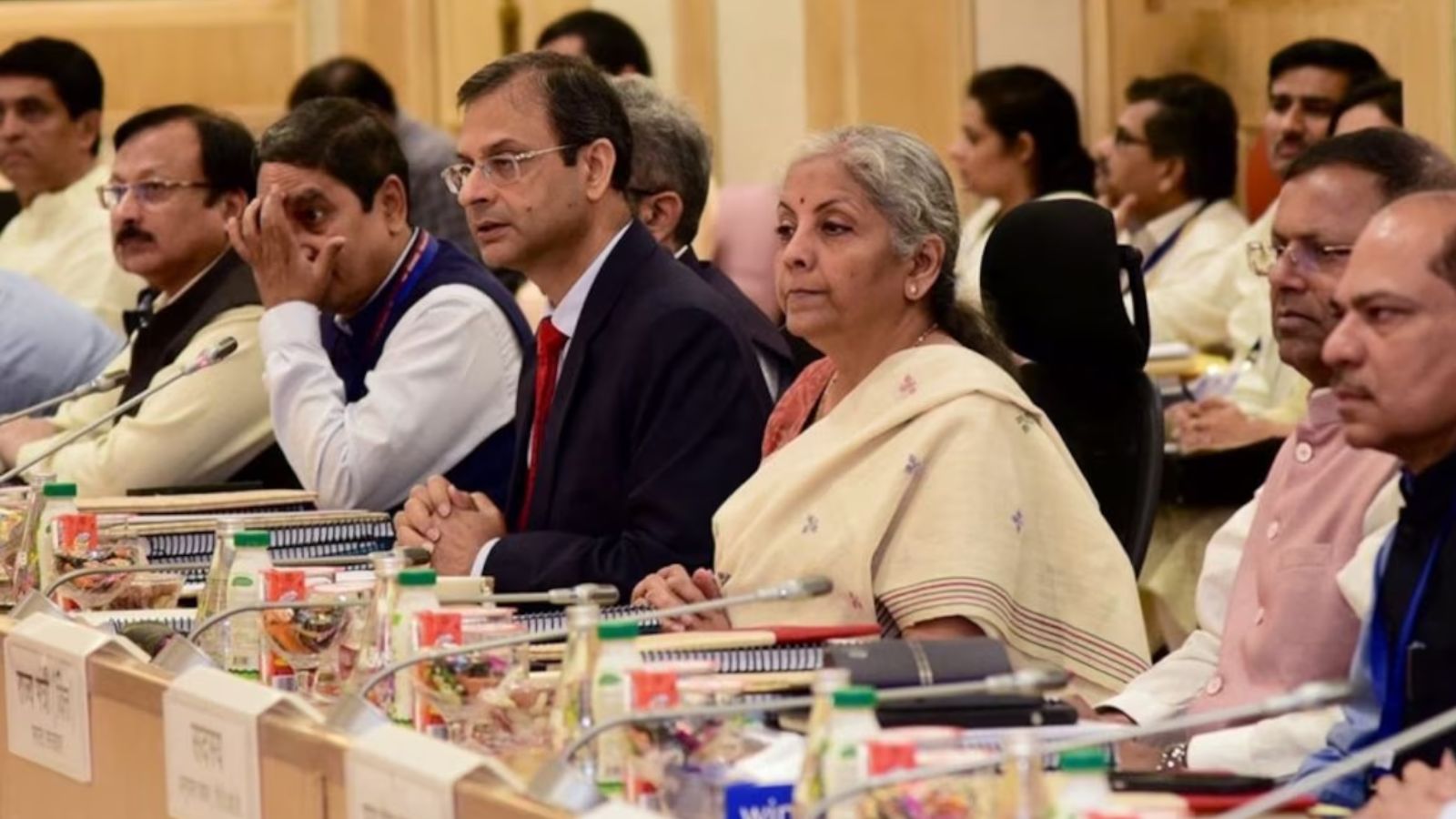In a significant development, the Goods and Services Tax (GST) Council has given its nod to impose a 28% tax on online gaming. This decision marks a milestone in the taxation framework for the gaming industry and is expected to have implications for both game developers and players.
The move to levy a 28% tax on online gaming highlights the increasing recognition of the sector as a significant contributor to the economy. By subjecting online gaming to the GST, the government aims to streamline taxation processes and ensure a level playing field in terms of tax compliance.
The decision comes after thorough deliberations within the GST Council, considering various aspects and implications of taxing online gaming. It signifies the council’s recognition of the industry’s potential and the need to bring it under the tax ambit to generate revenue for the exchequer.
The 28% tax rate on online gaming aligns with the existing tax structure for other forms of entertainment and leisure activities. However, it is worth noting that the impact of this tax on game developers and players may vary depending on factors such as pricing, revenue models, and the overall gaming ecosystem.
For game developers, the imposition of the GST may require adjustments in pricing strategies and revenue projections. They may need to reassess their financial models to account for the tax implications and ensure compliance with the new regulations.
On the other hand, players may experience changes in the cost of online gaming services, depending on how game developers choose to pass on the tax burden. This may impact the affordability and accessibility of gaming for certain segments of the population.
While the implementation of the 28% tax on online gaming may pose short-term challenges, it is crucial to consider the potential long-term benefits. The tax revenue generated from the gaming industry can contribute to the development of infrastructure, social welfare programs, and the growth of the digital ecosystem.
Additionally, the taxation of online gaming reflects the evolving nature of the industry and its increasing integration into mainstream entertainment. It highlights the need for regulatory frameworks that adapt to the changing dynamics of the digital landscape while ensuring consumer protection and fair market practices.
As the gaming industry adjusts to the new tax regime, it is essential for stakeholders, including game developers, players, and regulatory authorities, to collaborate and address any challenges that arise. Transparent communication, awareness campaigns, and guidance from tax authorities can help mitigate uncertainties and facilitate a smooth transition.
Overall, the approval of a 28% tax on online gaming by the GST Council represents a significant step in recognizing the industry’s economic significance and formalizing its tax framework. It sets the stage for a more regulated and financially sustainable gaming ecosystem while also contributing to the government’s revenue generation efforts.










